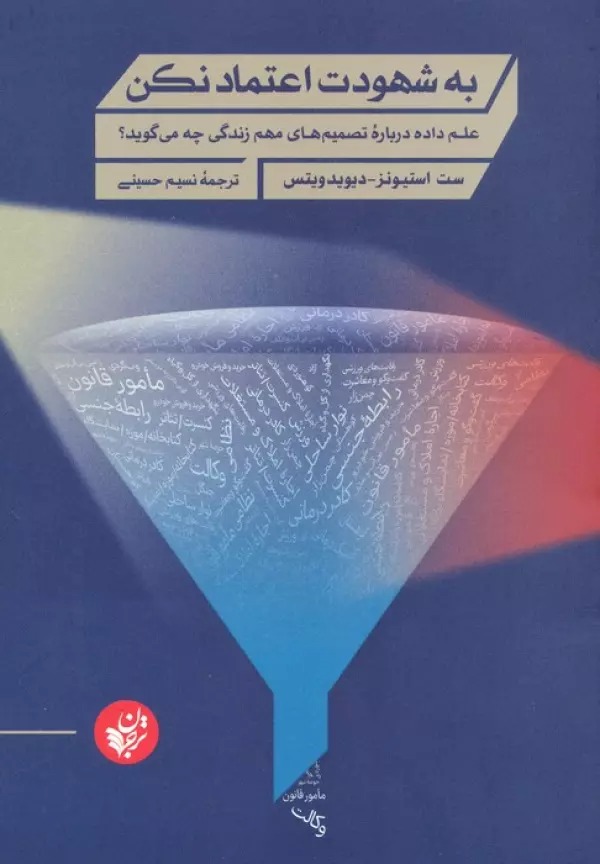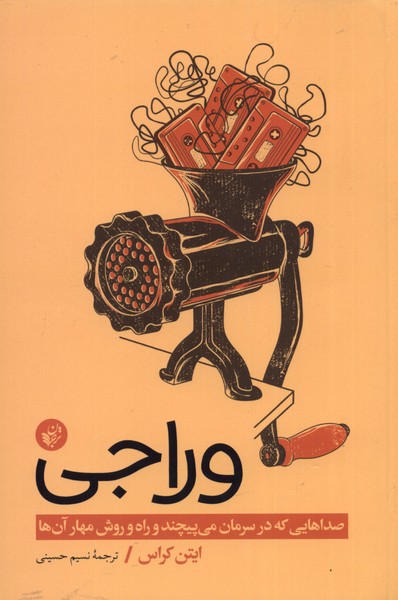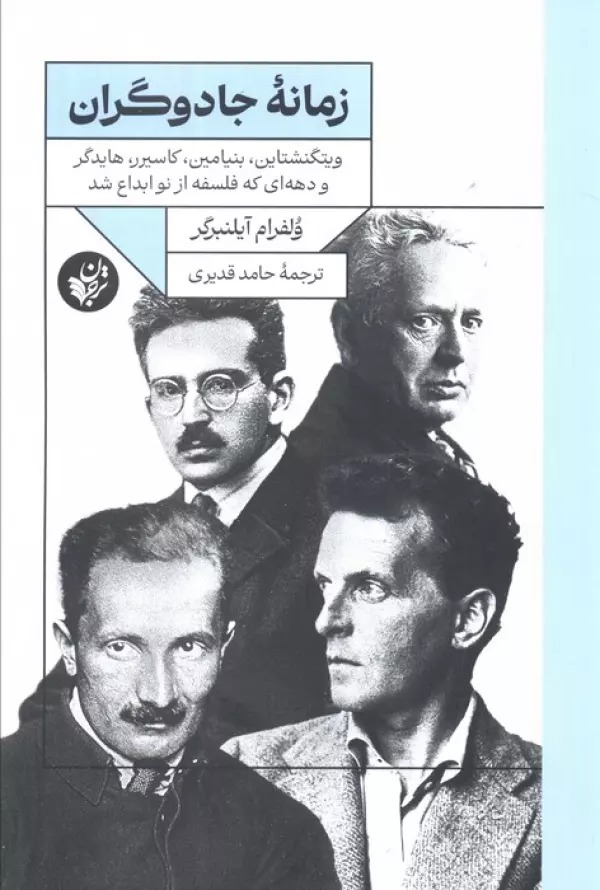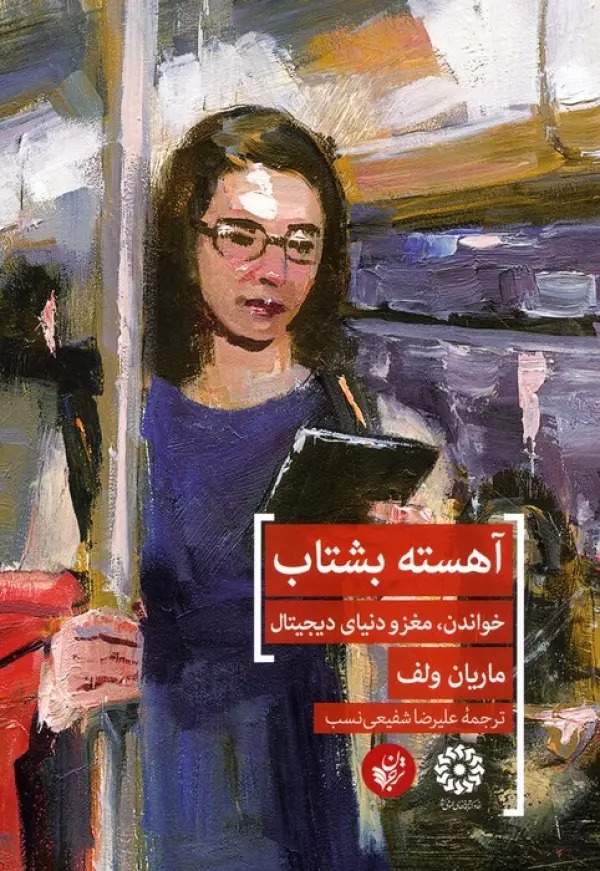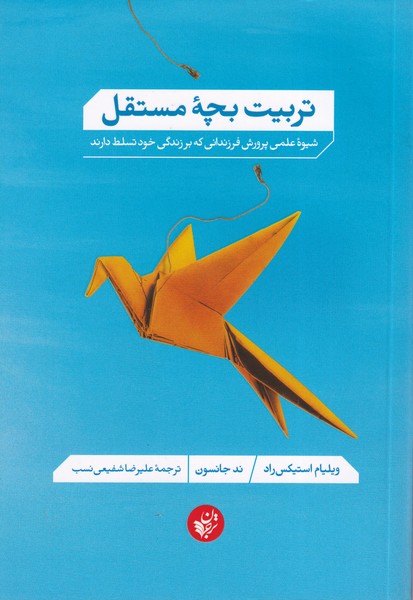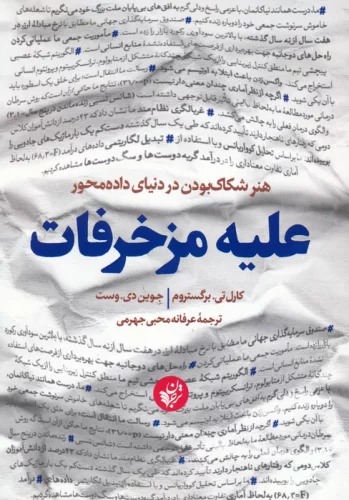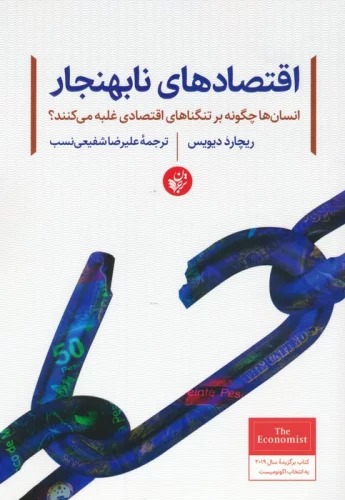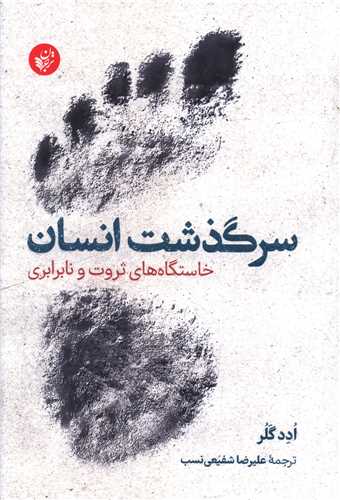Khudnamā-yī bā Akhlāq (Istifādah-yi Bijā va Nābijā az Sukhan-i Akhlāqī): Persiska (Farsi) 1403
خودنمایی با اخلاق (استفاده بجا و نابجا از سخن اخلاقی)
12,05 £
Dela
Wishlist
Originaltitel:
Grandstanding: The Use and Abuse of Moral Talk
ISBN:
9782257343024
Översättare:
Nasīm Ḥusaynī
Förlag:
Tarjuman-i 'Ulum-i Insani
Åldersgrupp:
Vuxen
Sidor:
199
Vikt:
234 g
Produktmått:
14 x 21 x 1
,
8 cm
Bokomslag:
Pocketbok
We are all guilty of it. We call people terrible names in conversation or online. We vilify those with whom we disagree, and make bolder claims than we could defend. We want to be seen as taking the moral high ground not just to make a point, or move a debate forward, but to look a certain way--incensed, or compassionate, or committed to a cause. We exaggerate. In other words, we grandstand.
Nowhere is this more evident than in public discourse today, and especially as it plays out across the internet. To philosophers Justin Tosi and Brandon Warmke, who have written extensively about moral grandstanding, such one-upmanship is not just annoying, but dangerous. As politics gets more and more polarized, people on both sides of the spectrum move further and further apart when they let grandstanding get in the way of engaging one another. The pollution of our most urgent conversations with self-interest damages the very causes they are meant to forward.
Drawing from work in psychology, economics, and political science, and along with contemporary examples spanning the political spectrum, the authors dive deeply into why and how we grandstand. Using the analytic tools of psychology and moral philosophy, they explain what drives us to behave in this way, and what we stand to lose by taking it too far. Most importantly, they show how, by avoiding grandstanding, we can re-build a public square worth participating in.
more
روزگاری بود که سلبریتیهای سینما و موسیقی سرگرممان میکردند، فوتبالیستها و کشتیگیران ما را به وجد میآوردند و سیاستمداران به این فکر میکردند که در انتخابات بعدی چه وعدههایی بدهند. اما امروز همۀ آنها شغل جدیدی پیدا کردهاند: معلم اخلاق. یکی از مصائب صادقانهزیستن در میان تباهیهای جامعه مینالد و دیگری مدام از خیانت و شرافت و ریاکاری حرف میزند و البته عدهای هم، ضمن یادآوری سوابق درخشانشان، تأکید میکنند که باید در هر بحثی منصف و متین و سنجیده بود. اما چرا همه میخواهند به ما درس اخلاق بدهند؟ نویسندگان کتاب حاضر معتقدند اینها نمونههای مختلفی از سوءاستفاده از اخلاق است. جاستین تسی و برندن وارمکه علت اصلی این بدرفتاریها را یک چیز میدانند: میل انسان به خودنمایی با استفاده از اخلاق. آنها در این کتاب با شواهد به دست آمده از علوم اجتماعی و علوم رفتاری توضیح میدهند که چرا آدمها خودنمایی میکنند و چرا سخن اخلاقی ابزار بسیار خوبی برای این کار است؛ سپس با استفاده از سه نظریۀ اصلی علم اخلاق نشان میدهند که این کار غیراخلاقی است. در نهایت، به مدد علم و نیز فلسفه، آسیبهای خودنمایی با اخلاق را در عرصۀ سیاست تبیین میکنند و میکوشند راه حلی برای برطرف کردن آن ارائه دهند.
more



